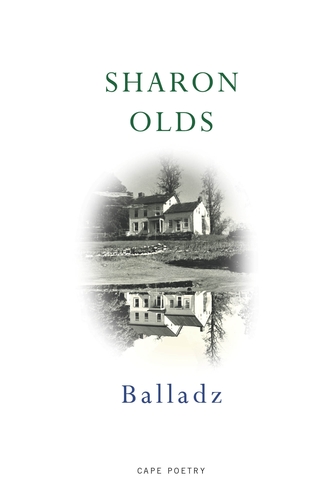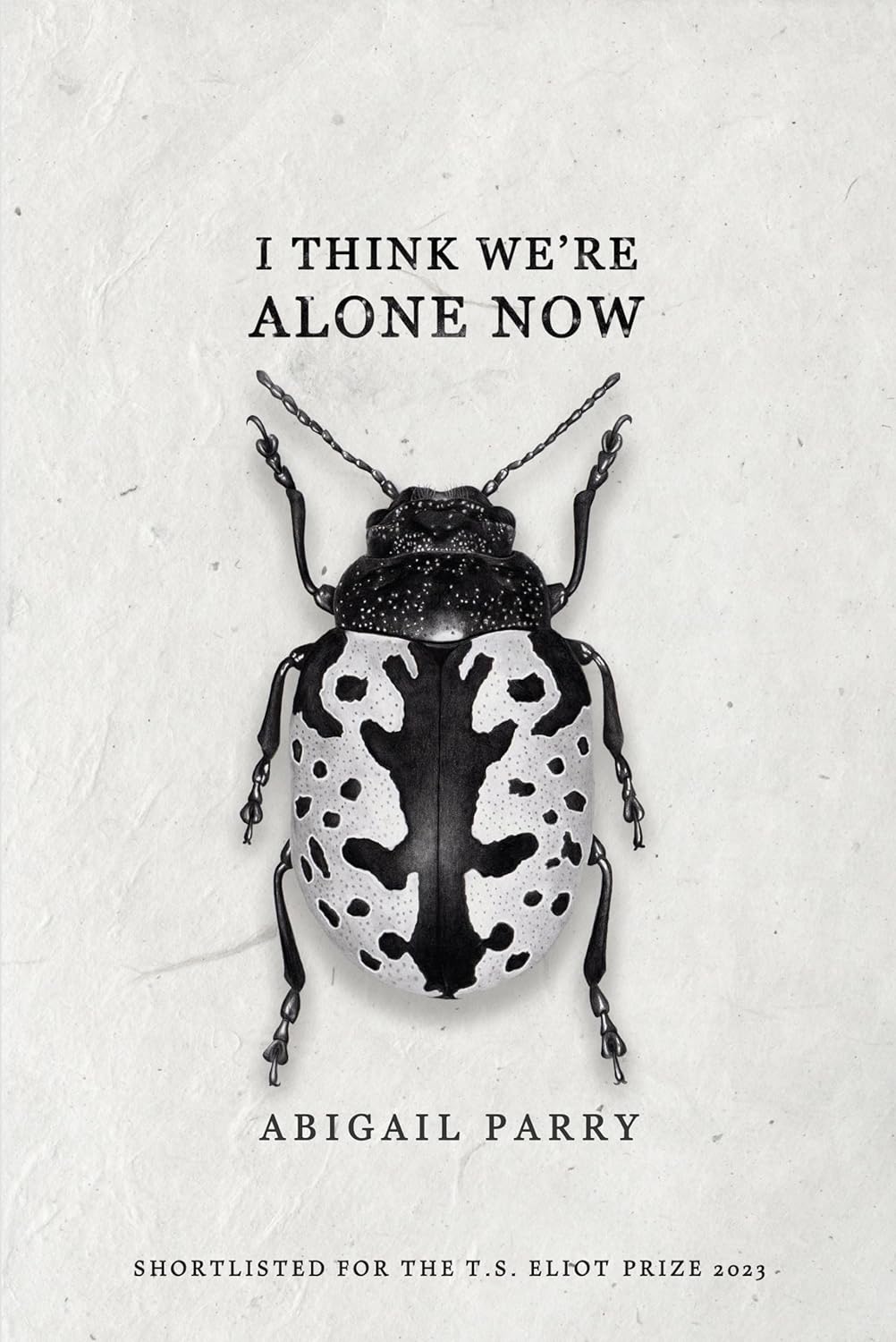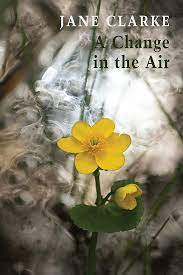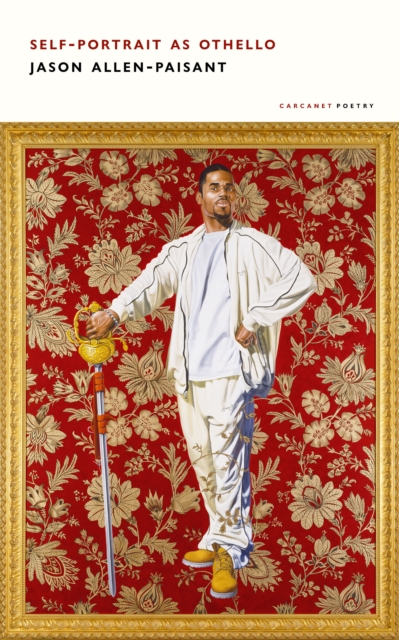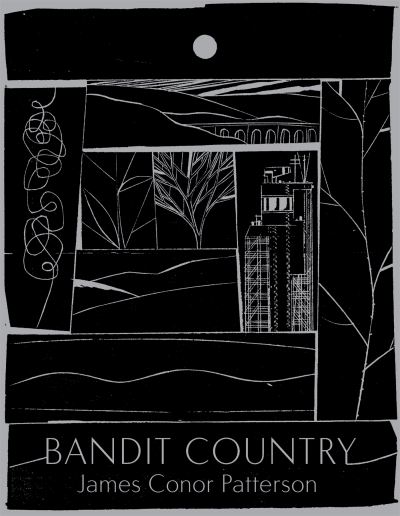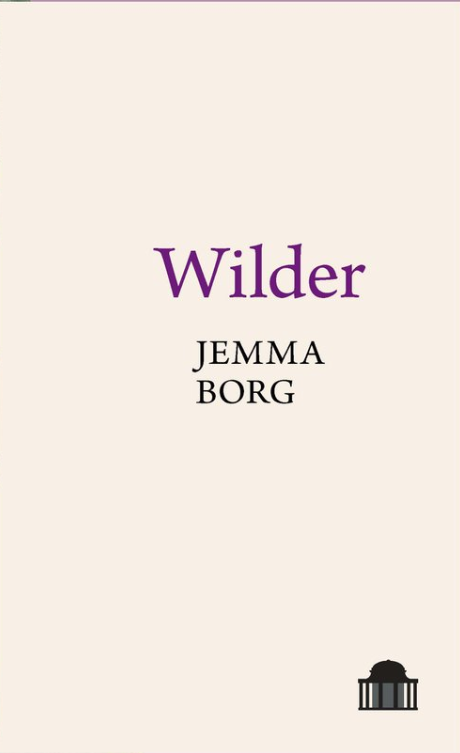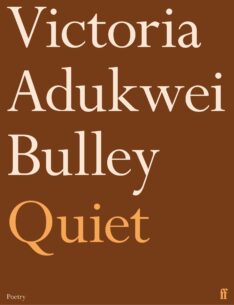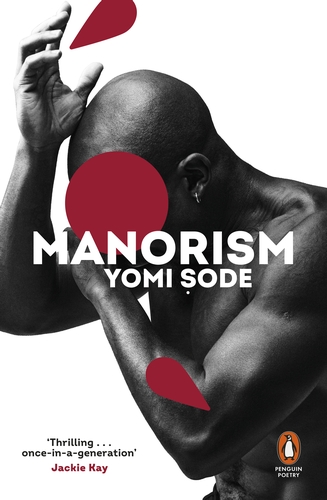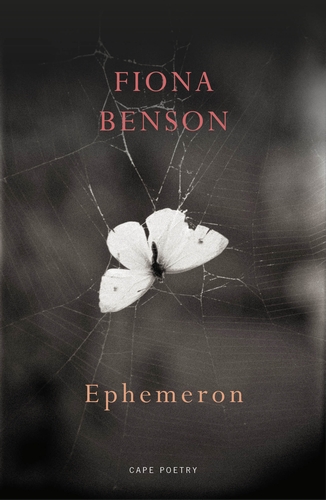Balladz (SHORTLISTED, TS ELIOT PRIZE 2023)
Sharon Olds(Cape Poetry, 2022); pbk, £12 I’ve long been an admirer of the work of Sharon Olds, and I’d venture to say that she has taught me more about women and their relationships with the world than any other poet. This book was published in her 80th year and serves as proof that she is Read More

